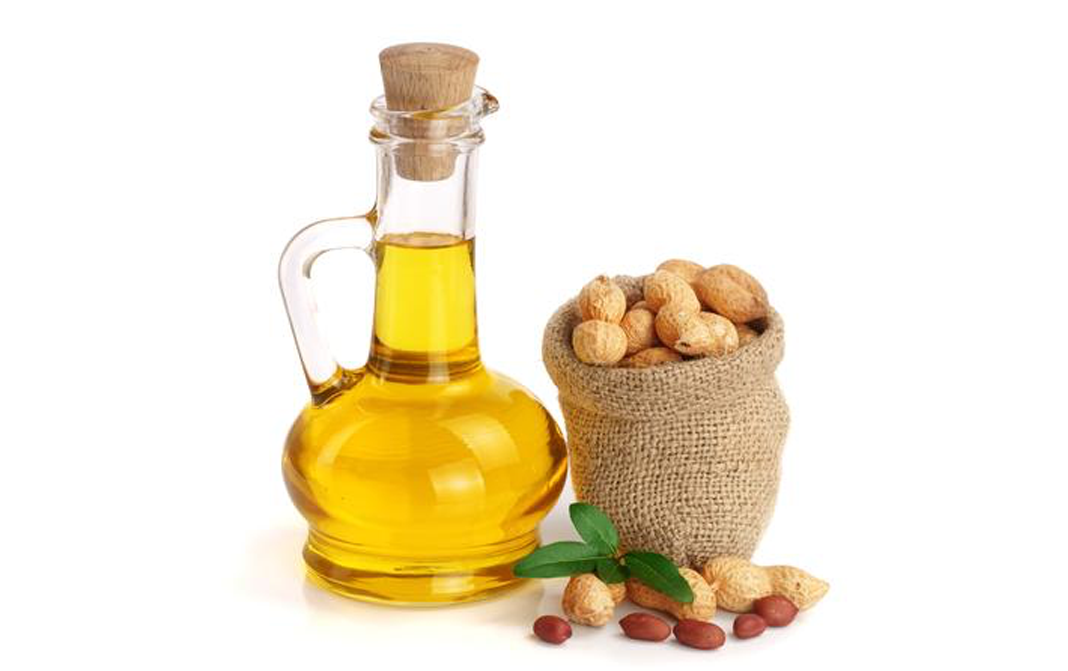


Always go a good brand, but before purchasing do look for its nutrients at the label. Always look for a bottle that does not have any leakage, and is not expired.
During the pregnancy period, women are said to stick to the normal amount of peanut oil, likewise, lactating mothers are also said to follow the same. It also happens to be life-threatening for those who are sensitive to anaphylaxis shock, a condition in which the person is not able to breathe properly as the throat swells. It also has other side effects like vomiting, abdominal cramp, etc.(3)
- Disclaimer
"Information here is provided for discussion and educational purposes only. It is not intended as medical advice or product or ingredient review/rating. The information may not apply to you and before you use or take any action, you should contact the manufacturer, seller, medical, dietary, fitness or other professional. If you utilize any information provided here, you do so at your own risk and you waive any right against Culinary Communications Private Limited, its affiliates, officers, directors, employees or representatives.”
Description
Groundnut oil, also known as peanut oil is made from Arachis hypogea that dwells as a low-growing, annual plant that happens to be the offshoot of the Fabaceae (Leguminosae) family. In spite of the word nut that proclaims in its very name, it does not grow on trees, rather it is actually a legume and grows underground. It draws its origin from South America and has a long drawn history, hence according to the National Peanut Board, peanuts are used as sacrificial offerings by the Incans of Peru. Moreover, the ancient tribes in Central Brazil prepared a beverage from ground peanuts and maize, and it is from here that the Europeans first came across this plant, and then introduced them to Spain, and from there it got spread to Asia and Africa, and North America. This happens to be a clear, pinkish-golden liquid that is bee extracted by pressing peanuts especially grown in Spain, China, and India. The one that is produced for exports is treated and deodorised to mellow its strong taste. As compared with the non-refined peanut oil, the refined one has a thinner consistency and its bland flavour makes it favourable for all sort of cookings. All the more, it has a high heat resistance, henceforth it odes not burn easily. The two different types of peanuts oils are refined peanut oil, which undergoes the very process of bleaching and deodorising, and this very process discards the peanut protein, hence this oi is regarded as non-allergenic, thereby it is considered safe for those who are sensitive to peanuts. While the other one is gourmet roasted peanut oil, which is not refined, and so it retains many of its nutrients, like phytosterols and vitamin E, thereby it sustains the very flavour and aroma, and hence, draws great significance in the culinary world.